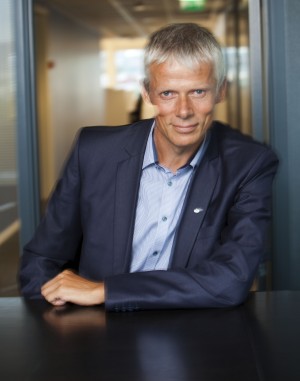The number of people seeking amnesty from Norwegian tax authorities over wealth hidden in international bank accounts doubled last year. Authorities said more agreements with foreign banks in the wake of the global financial crisis have made it harder to hide assets.

“We have better oversight over what goes on in foreign countries, including through deals we have with tax havens, and agreements with the bank and finance industry about reporting arrangements,” Hans Christian Holte, Norway’s tax director, told Norwegian Broadcasting (NRK).
He said banks in countries like Switzerland and Liechtenstein don’t keep clients’ details secret these days: “You can no longer trust that the banks won’t give out information on your investments abroad. Now we have increasingly more agreements which secure our management of exchanging information with foreign countries.”
In 2013, 229 people reported hidden assets that they had not previously paid tax on to Norwegian tax authorities. That’s double the amount of the previous year, when 115 sought voluntary correction, also known as tax amnesty.
Anonymous and confidential
Under the voluntary correction scheme, people who have hidden wealth abroad to avoid taxes have to pay an additional tax of up to 60 percent, provided they have voluntarily contacted the tax office. Tax has to be paid for the last 10 years that the wealth has existed, as well as income and property tax plus interest on the amount withheld.
Contact can be made anonymously with the tax office, and case handling is confidential. Last year amnesty was granted to 203 applicants. The taxable amount from the cases totaled NOK 8 billion (USD 1.3 billion) in assets (subject to Norway’s controversial tax on net worth called formueskatt), NOK 273 million in income and NOK 6.5 million in inheritances. “It’s helpful when people want to settle themselves, before we find out about these cases,” said Holte.
About 1,100 people have sought tax amnesty since the scheme was set up in 2007, amounting to about NOK 37 billion. Tax amnesty was established in Norway after a former Oslo mayor, Per Ditlev Simonsen, quit amid controversy when it was discovered he’d hidden assets in a Swiss bank account during the 1990s.
newsinenglish.no/Emily Woodgate

